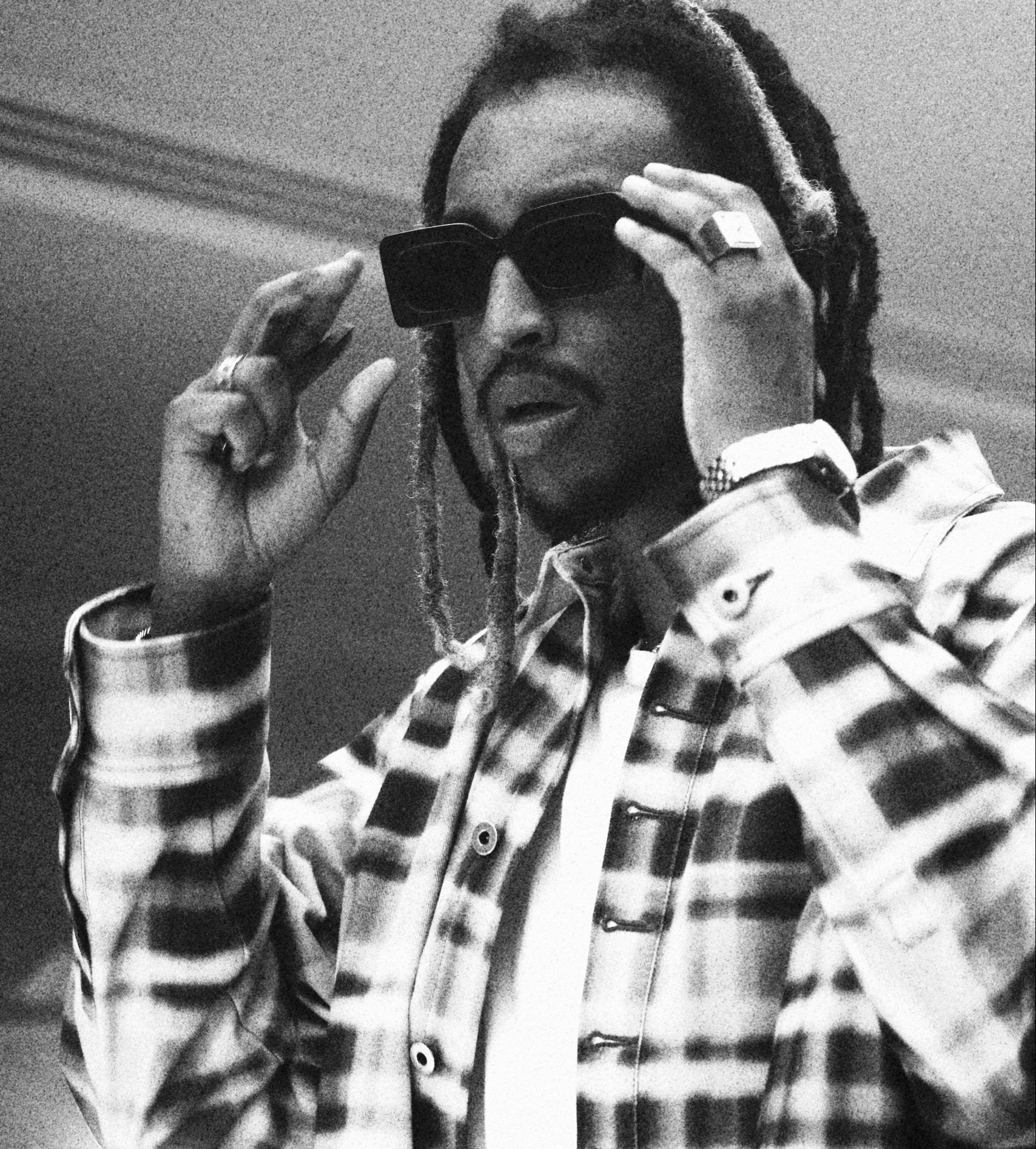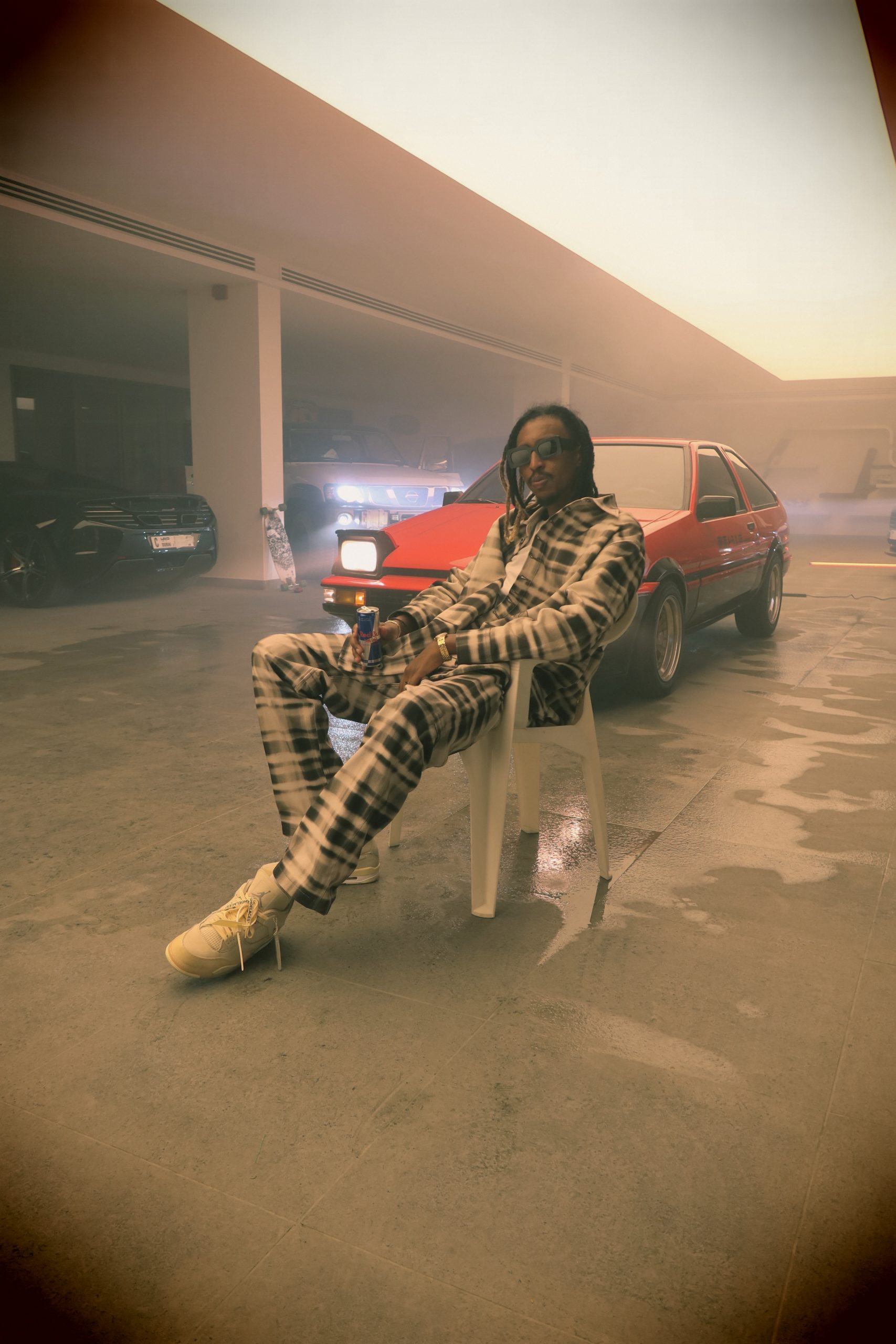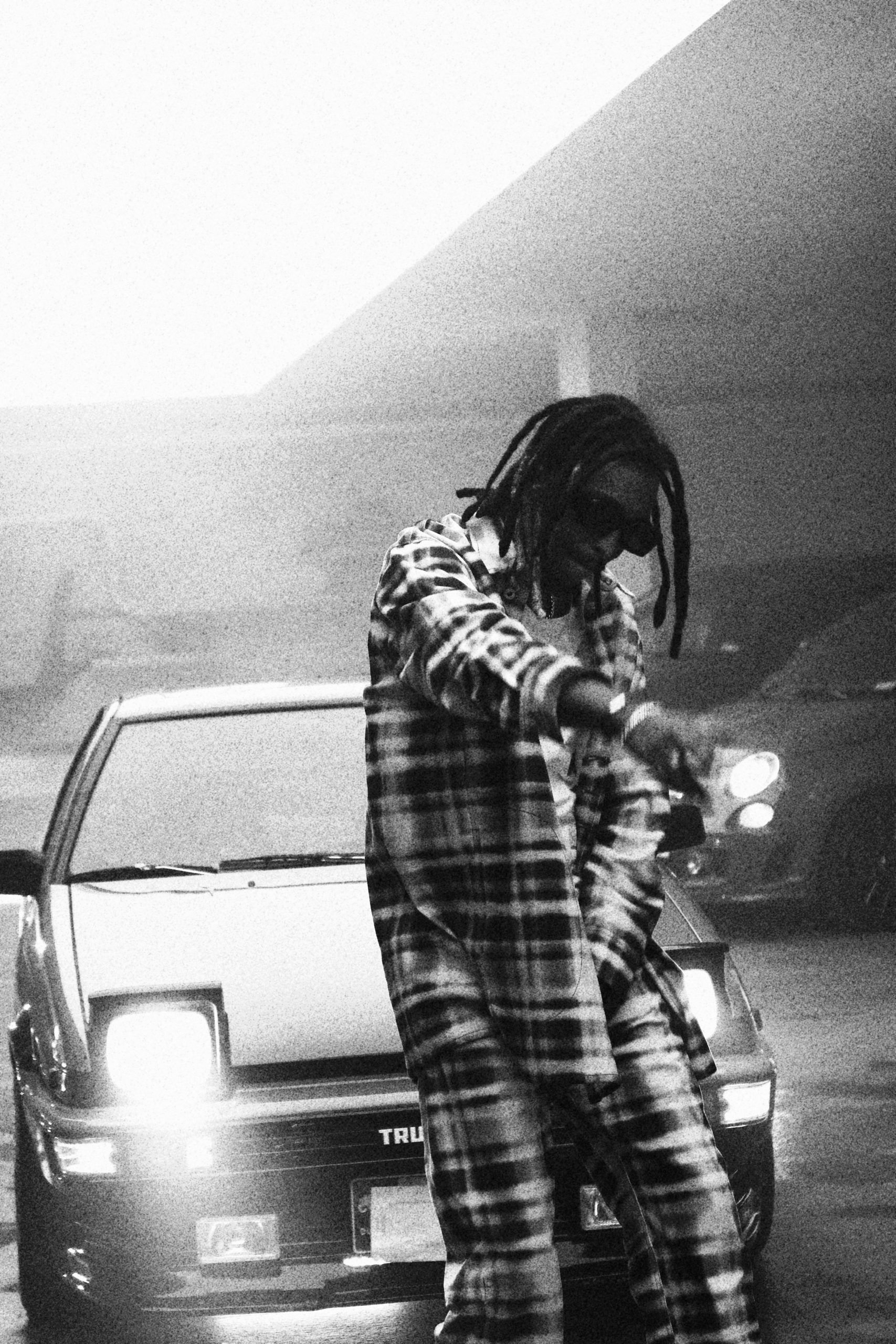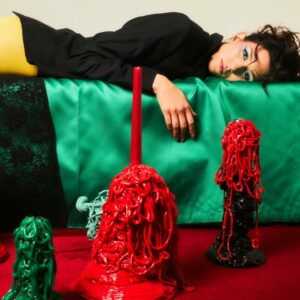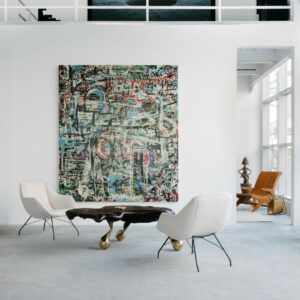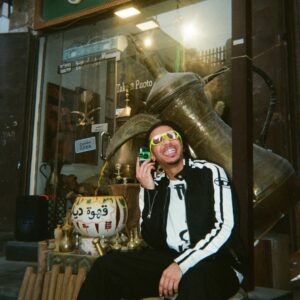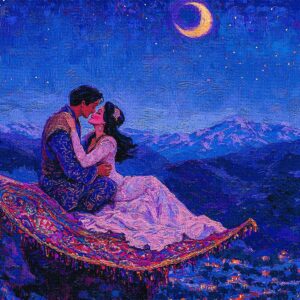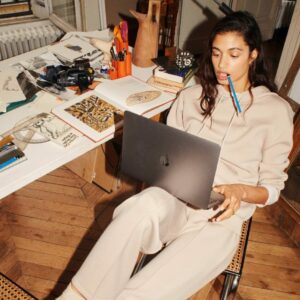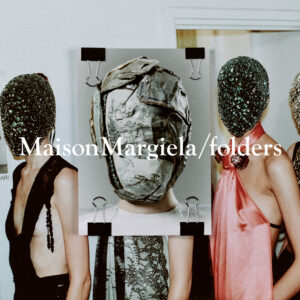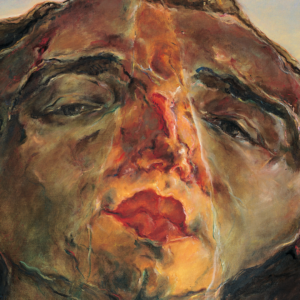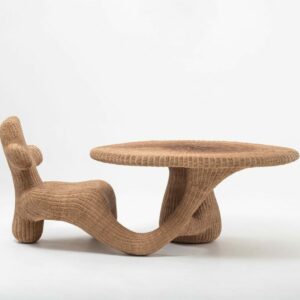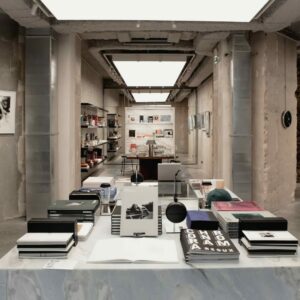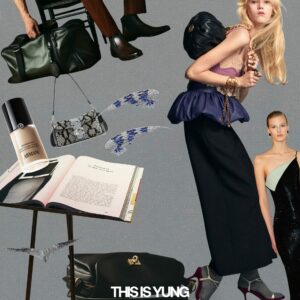UAE-born Somali rapper Freek has gone from strength to strength in the Arab rap scene over the past few years. From opening for British grime megastar Stormzy to featuring on Charlie Sloth’s Fire in the Booth on Apple, he’s become a mainstay of the regional scene. YUNG met up with him over a call, where we talked about his influences inside and outside the Middle East and what comes next.
Nasri Atallah: I’m in London right now and I know you played here in 2019. What was the reception to that like?
Freek: It was my first time in Europe actually. It was crazy as an artist. Coming from Abu Dhabi and performing in London in Arabic. It was crazy. Obviously London is really diverse, so there’s a lot of Arabs born and raised there. They knew my music. I never thought I’d have a fanbase in London.
I don’t know how you define yourself, but I hear a lot of UK grime and drill in what you do. I hear a UK sound. Am I imagining things?
No, no. It’s there. There’s always been a connection. I’m Somali so I have a lot of family in the UK. Growing up, I knew about that scene. I was aware of artists since I was thirteen or fourteen. I’d never been to the UK before my show, but that sound has always been around me and my people. I got in touch with a lot of UK artists and producers through my cousin and his friends. That was the connection. The UAE has always had that connection to the UK. I have much more of a UK sound than an American sound, that’s for sure.
Rap is so ingrained in the culture it’s from, which means it makes it hard for it to travel maybe. Except for Americans. I wonder if you see that when you gig abroad, that there’s an obstacle.
I’m probably going to gig in the UK and France this summer. I’ve had good reactions from the Moroccan community in France. I sound like a Westernised Arab I guess, especially the beats.
But on your album, you make it a point to work with other Arab rappers. The Synaptik, LiL Eazy. That’s a statement.
Yeah, bro. These guys are friends. TooDope I know personally. Synaptik too. Way before we made music, we had a connection. It was so organic, it wasn’t forced. It’s beautiful. They all do their own thing and it was so sick to have them all on the album.
By the way did I read right that you used to be a professional footballer and skater?
No, I was just playing with a club, not professional. I wasn’t in the league or anything. I switched to skateboarding. I did that for seventeen years. I went to Malaysia to compete in a championship. I was trying to do it professionally. I have friends I grew up with skating like Karim Nasser, he’s doing it pro. I’m proud. It’s crazy.
For want of a better word, all these things you’ve been involved in are part of street culture. And for people who don’t know the UAE well, they don’t associate it with organic street culture. But it feels indisputable now, that there’s a scene around that. Do you feel responsibility beyond your own career to represent your city and country?
I always tell people I’m not trying to represent anyone else. I’m trying to be me, the perfect me, first. But it’s beautiful to see. Like when someone comes to me and says “I never thought music could be a career till I saw your journey”. But I feel my pressure is just to release more and be consistent. I don’t have to worry about a scene and a community, I just have to keep making music. I try not to worry about other things.
Who were your inspirations when you were coming up?
ABRI, definitely. Hamdan Al Abri. The Recipe. These guys, I was fourteen sneaking into clubs with no ID just to see them perform. That’s facts. I used to look up to these guys.
It’s funny, I’ve talked to a lot of rappers recently about their inspirations and they’re all regional. No one is looking West anymore. There’s local inspiration.
Exactly. When I met Hamdan I told him, when I was sixteen, I saw his music video on MTV Arabia, and I was like, ‘wow, a local artist can be played on TV’. That really inspired a lot of things. There are people from my era that made it possible.
I read that you used to listen to a lot of Korn and Slipknot.
Hell yeah! Definitely.
That used to be my thing!
No way! Yeah, I’m a metalhead before rap. My older sister used to be into metal. Until I was fourteen, I was listening to that. I try to have that experience in my music. Especially live. The mosh pit, the energy. I always tell people that heavy metal concerts are better than rap concerts.
What’s a dream collaboration for you?
Damn, that’s a difficult one.
Anyone on Earth.
Dead or Alive? [laughs]
Let’s go nuts, dead or alive.
OK. Definitely Juice WRLD. Rest in peace.
You know I wanted to ask about your videos. I feel they have a lot to say; they really add a layer in terms of creating a visual culture.
I’m lucky because I come from a visual background. I shoot myself. I edit my own music videos too. That used to be my full-time job when I worked in TV. When I’m done with the track, I storyboard the music video. And it comes easy.
One last question. Do you ever feel this desire to break out from the Arab rap crowd to the global rap crowd?
You know, when I did Fire in the Booth with Charlie Sloth, he was like, ‘you doing this in Arabic sounds even more fire than doing it in English’. You know, if PSY can break the world with Gangnam Style, Arabs can do it too. I vouch that the next big crazy viral song worldwide is going to be in Arabic. I believe that.
